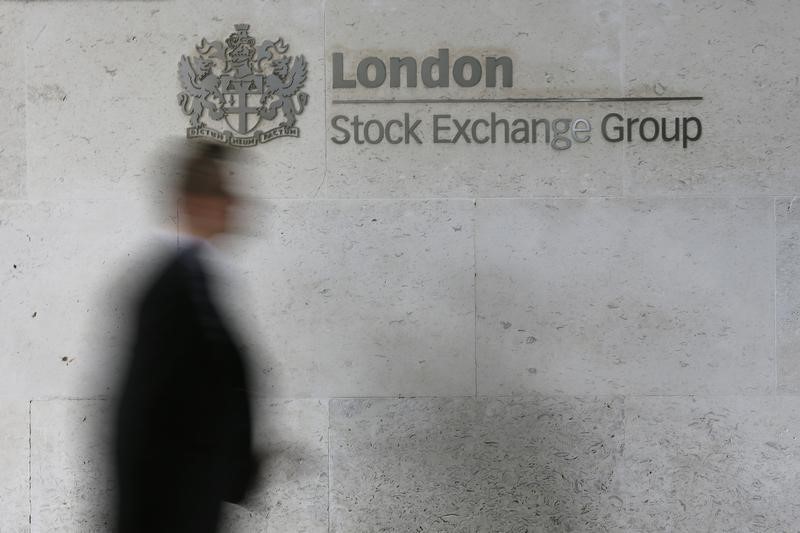By Lionel Laurent
LONDON (Reuters) - European shares extended losses on Friday, on track for their worst week of the year as a losing streak for bonds rumbled on, with wary investors anticipating more debt drama over Greece and a solid U.S. payrolls reading.
The pan-European FTSEurofirst 300 index (FTEU3) was down 0.7 percent in early trading as euro zone bond yields rose, especially on the bloc's periphery, and the euro consolidated a week of hefty gains.
Shares in Asia and emerging markets also fell, though China was again a notable outlier. Shanghai stocks (SSEC) were up more than 1 percent, clearing the 5,000-point barrier for the first time since early 2008.
Mixed economic signals after years of plentiful central bank cash have added an extra layer of tension to markets already on edge over the possibility of a Greek default.
In the latest twist from Athens, Prime Minister Alexis Tsipras will on Friday afternoon put to parliament cash-for-reforms proposals from Greece's international creditors that he has already described as "extreme".
"Markets in Europe have perhaps woken up to a less favorable environment in terms of the negotiation for Greece and bond yields," said Sean Darby, strategist at Jefferies, though he said global equities had still seen inflows on a weekly basis.
For U.S. payrolls due at 1230 GMT, median forecasts in a Reuters poll are for a solid rise of 225,000 with the jobless rate steady at 5.4 percent.
But with the IMF having downgraded its outlook for the U.S. economy and taken the unusual step of cautioning against an interest rate rise before 2016, markets only anticipate a one-in-three chance of a lift-off in Fed funds by September and are not fully priced for a move until December. <0#FF:>
Gold prices took their cue from expectations of a U.S. interest-rate hike, hovering near their lowest level in five weeks. London copper also fell to a six-week low and was set to rack up its third straight weekly loss.
Oil markets fell ahead of an OPEC meeting where the oil group is expected to stick to its policy of unconstrained output for another six months, keeping the market oversupplied. Front-month Brent futures
